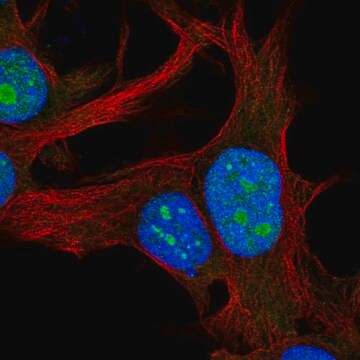All Photos(1)
About This Item
Linear Formula:
CH3CH2CH(CH3)C(CH3)=CH2
CAS Number:
Molecular Weight:
98.19
Beilstein:
1719391
EC Number:
MDL number:
UNSPSC Code:
12352100
PubChem Substance ID:
NACRES:
NA.22
Recommended Products
Assay
≥97.0% (GC)
refractive index
n20/D 1.403
bp
85 °C (lit.)
density
0.707 g/mL at 20 °C
SMILES string
CCC(C)C(C)=C
InChI
1S/C7H14/c1-5-7(4)6(2)3/h7H,2,5H2,1,3-4H3
InChI key
LIMAEKMEXJTSNI-UHFFFAOYSA-N
General description
2,3-Dimethyl-1-pentene is reported to be responsible for the extreme volatile characteristics of Tessaratoma papillosa. It has been identified as one of the volatile metabolite in different tomato cultivars by headspace solid phase microextraction and gas chromatography-mass spectrometry analysis.
Signal Word
Danger
Hazard Statements
Precautionary Statements
Hazard Classifications
Asp. Tox. 1 - Flam. Liq. 2
Storage Class Code
3 - Flammable liquids
WGK
WGK 3
Flash Point(F)
1.4 °F - closed cup
Flash Point(C)
-17 °C - closed cup
Personal Protective Equipment
dust mask type N95 (US), Eyeshields, Gloves
Choose from one of the most recent versions:
Already Own This Product?
Find documentation for the products that you have recently purchased in the Document Library.
Zhuo-Min Zhang et al.
Journal of chromatographic science, 47(4), 291-296 (2009-05-02)
The stinkbug's volatile compositions would alter very much before and after stinkbugs were disturbed or irritated, which caused the alarming effect. An efficient headspace solid-phase microextraction sampling method was established to study the alarming volatile characteristics and potential alarming volatiles
José Figueira et al.
Food chemistry, 145, 653-663 (2013-10-17)
To gain insights on the effects of cultivar on the volatile metabolomic expression of different tomato (Lycopersicon esculentum L.) cultivars--Plum, Campari, Grape, Cherry and Regional, cultivated under similar edafoclimatic conditions, and to identify the most discriminate volatile marker metabolites related
Daniel Dar et al.
Science (New York, N.Y.), 373(6556) (2021-08-14)
Capturing the heterogeneous phenotypes of microbial populations at relevant spatiotemporal scales is highly challenging. Here, we present par-seqFISH (parallel sequential fluorescence in situ hybridization), a transcriptome-imaging approach that records gene expression and spatial context within microscale assemblies at a single-cell
Our team of scientists has experience in all areas of research including Life Science, Material Science, Chemical Synthesis, Chromatography, Analytical and many others.
Contact Technical Service









